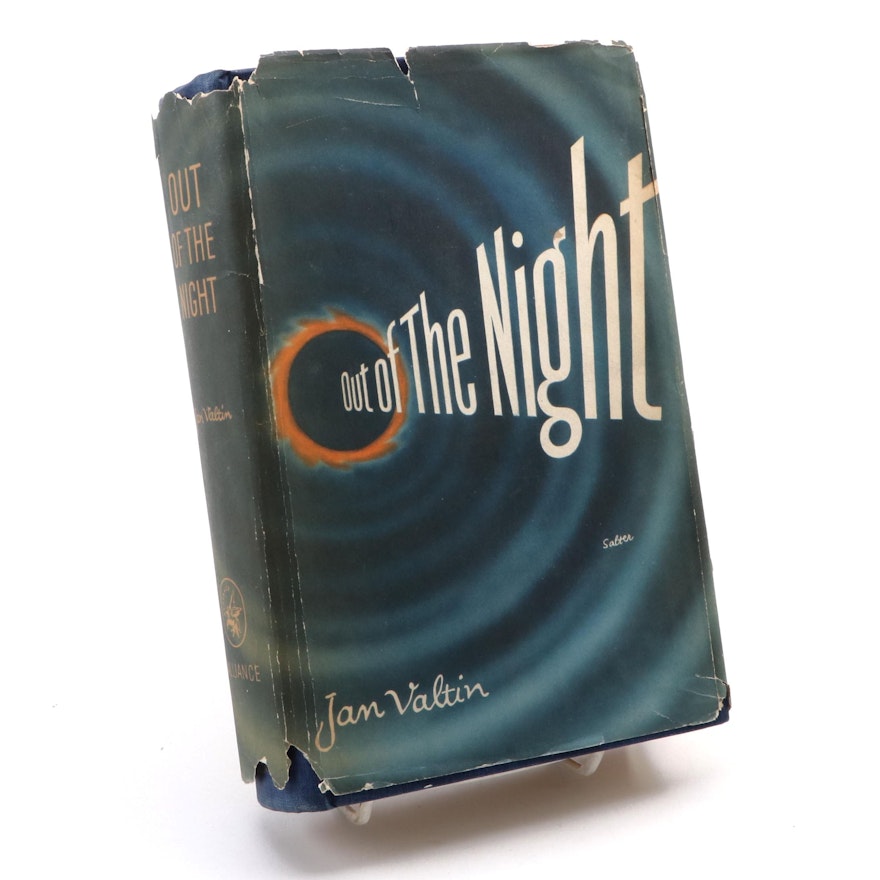Article de Pat Flanagan paru dans Freedom, 10 July 1982, Vol. 43, No 13, p. 15

Iain Hamilton, Koestler: A Biography. Secker and Warburg, 1982. 398pp. £12
MOST on the left today are too young to know of Arthur Koestler’s life and work. Those who do—this is especially true of Marxists—tend to dismiss the 76 year old Hungarian as an ex-Communist supporter of capitalism who abandoned politics for speculative-mystical philosophy and psychology when his God—Stalinist Communism—failed. Koestler is, after all, the leading contributor to the ‘God That Failed’ essay-collection by ex-Communists edited by Richard Crossman and published in the early 1950s.


